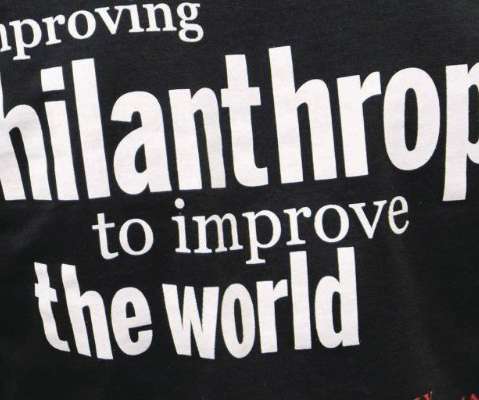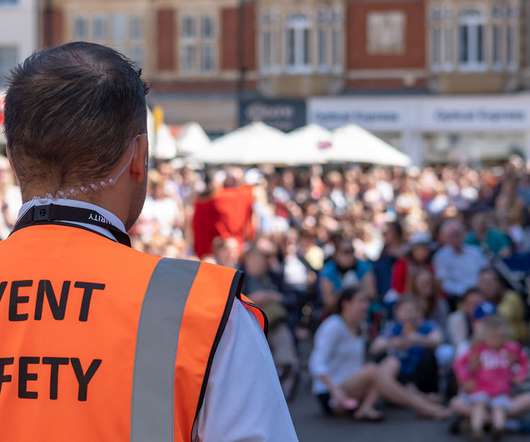Who’s Responsible for A Nonprofit’s Culture of Philanthropy?
Bloomerang
MAY 17, 2021
We’ve been trained in our society that it’s not polite to talk about money. And your attitude will be contagious. No one should fall back on “that’s not my job” when it comes to passionately and proactively articulating your vision, mission, and values. Because everyone is impacted by your ability to raise money.

















Let's personalize your content